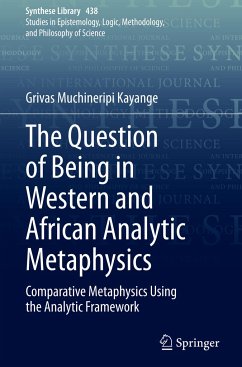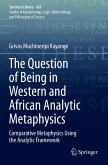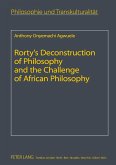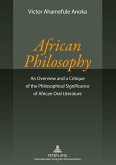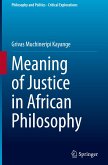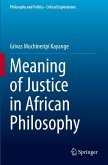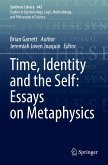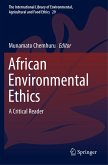The main aim of this book is to discuss fundamental developments on the question of being in Western and African philosophy using analytic metaphysics as a framework. It starts with the two orthodox responses to the question of being, namely, the subject-verb-object language view and the rheomodic language view. In the first view, being is conceived through the analysis of language structure, where it is represented by subjects (particulars), objects, and relations (often universals). In the second view, there are different variations; however, the common idea is that the world's structure is revealed in the root verb of terms. This suggests a holistic and dynamic conception of being, where everything is in a continuous process of action. The book builds on analytic philosophy and explores metaphysical concepts such as space-time, modality, causation, indeterminism versus determinism, and mind and body. The book shows that in both Western and African thought, (i) similaritiesin different studies confirm that philosophy is a universal activity, (ii) differences within a context and beyond confirm the perspectival nature of human knowledge as individuals attempt to interpret reality, and (iii) language influences the conceptualization of being in a particular area. One of the novel aspects is the development of visual and mathematical African models of space and time.
Bitte wählen Sie Ihr Anliegen aus.
Rechnungen
Retourenschein anfordern
Bestellstatus
Storno

